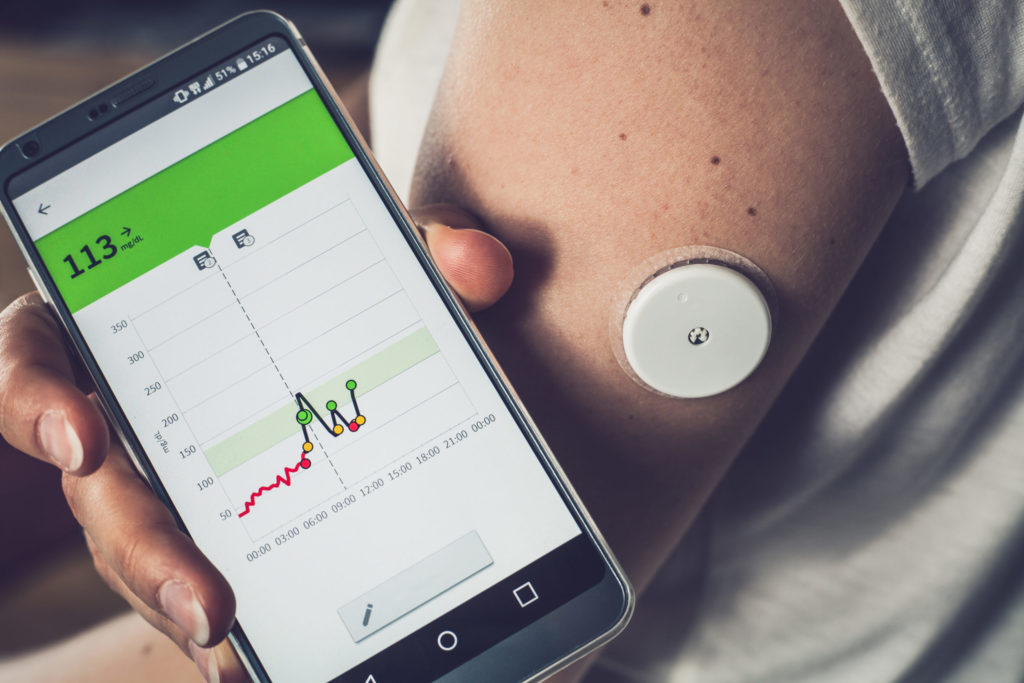
Based in the Netherlands, the GetReal Institute encourages implementing real-world evidence in health care decision-making in Europe. Real-world evidence, unlike clinical trials data, captures the nuanced reality of how people respond to medications in everyday, uncontrolled settings. The data are typically gathered through patient reporting, electronic health records, health devices and apps, databases or registries.
The GetReal Institute will provide education and training while also using its incubator lab to fine tune approaches for adopting real-world evidence. The institute will also convene academia, industry, patient groups, health care representatives and health technology assessment organisations.
The effort could be valuable for patients in at least two ways.
First, better use of real-world evidence can shed light on how medications affect patients who are underrepresented in clinical trials. This may include patients of colour, pregnant women, older patients or patients with comorbidities. It can also highlight how a medication impacts patients over a longer span of time.
These insights can be an important complement to traditional clinical trials data.
Second, real-world evidence can be instructive for health care decision makers. That includes health technology assessment organisations, which evaluate new medications to see if their value aligns with their cost. The use of clinical trials data alone can limit those evaluations, leading to narrow assessments that undercut patients’ access to innovative medicine.
Generating and using more real-world evidence can help by expanding the data that health technology assessments take into account. The move could also mark a step toward better incorporating patients’ lived experiences into policy conversations on value, an area where health technology assessment organisations have struggled.
One thing’s for certain. The explosion of health apps, electronic medical records and virtual care in recent years creates an abundance of real-world data. Responsibly using that information to inform health policy in Europe means that getting real could offer real value for patients.
To learn more about the GetReal Institute, visit www.getreal-institute.org.
Recent Posts

Global Alliance for Patient Access
© 2024 GAfPA. All Rights Reserved
| Cookie | Duration | Description |
|---|---|---|
| cookielawinfo-checkbox-analytics | 11 months | This cookie is set by GDPR Cookie Consent plugin. The cookie is used to store the user consent for the cookies in the category "Analytics". |
| cookielawinfo-checkbox-functional | 11 months | The cookie is set by GDPR cookie consent to record the user consent for the cookies in the category "Functional". |
| cookielawinfo-checkbox-necessary | 11 months | This cookie is set by GDPR Cookie Consent plugin. The cookies is used to store the user consent for the cookies in the category "Necessary". |
| cookielawinfo-checkbox-others | 11 months | This cookie is set by GDPR Cookie Consent plugin. The cookie is used to store the user consent for the cookies in the category "Other. |
| cookielawinfo-checkbox-performance | 11 months | This cookie is set by GDPR Cookie Consent plugin. The cookie is used to store the user consent for the cookies in the category "Performance". |
| viewed_cookie_policy | 11 months | The cookie is set by the GDPR Cookie Consent plugin and is used to store whether or not user has consented to the use of cookies. It does not store any personal data. |